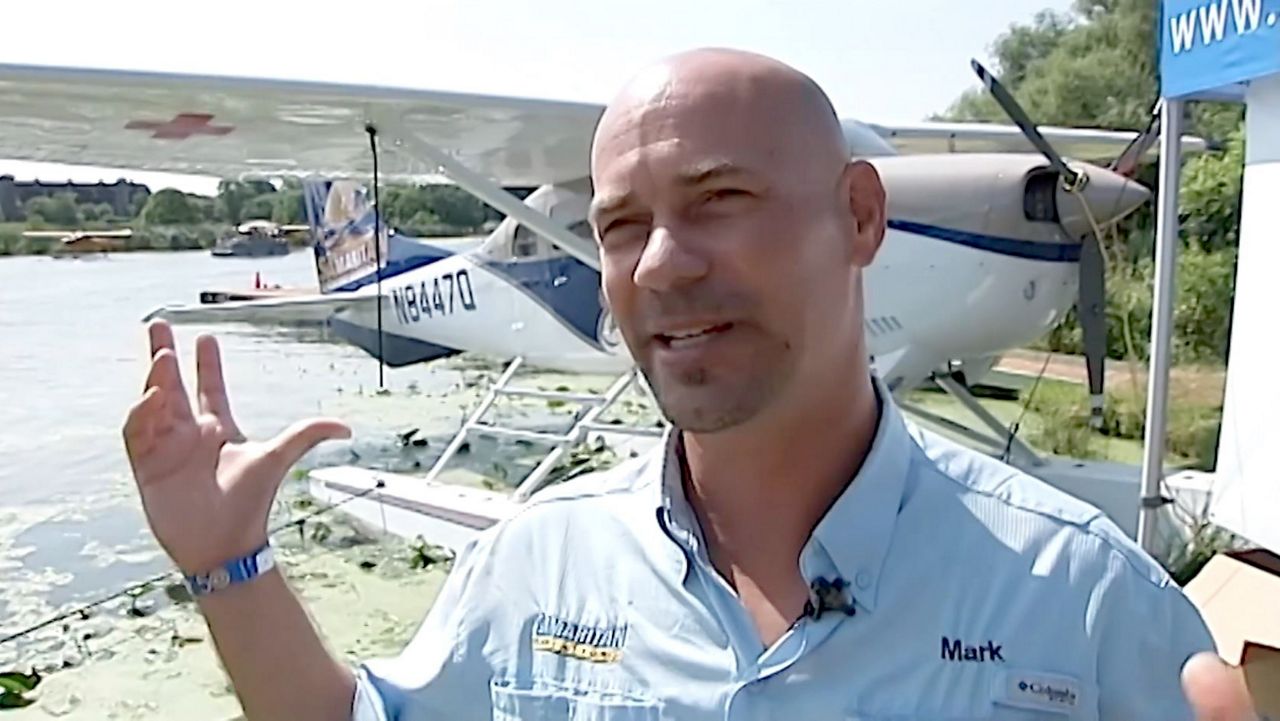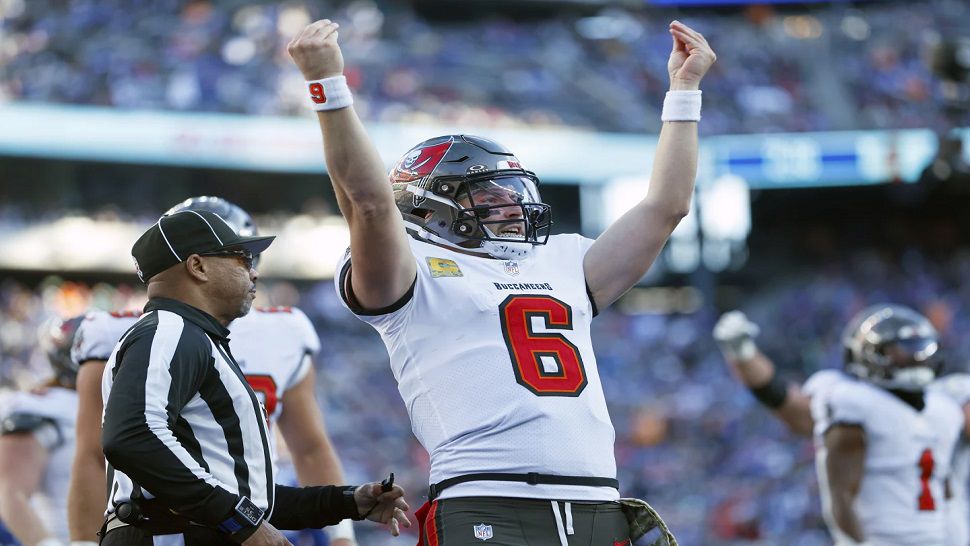A missionary pilot with a passion for delivering life-saving medical help to villagers in the remote reaches of Papua New Guinea, Mark Palm hardly considered that he would be in need of life-saving care himslef — until he was stricken with cancer in late 2019.
What You Need To Know
- Mark Palm is co-founder and president of Samaritan Aviation, which flies medical supplies into the jungles of Papua New Guinea
- In late 2019, Palm was diagnosed with B-Cell lymphoma and had to step back for treatment
- Now in remission, he has returned to the skies
The co-founder and president of Samaritan Aviation was forced to step away from the organization's daily operations, which include flying three specially-outfitted floatplanes along a 700-mile-long stretch of river dotted by outposts that are virtually inaccessible by road.
Defeating B-Cell Lymphoma had become Palm's new priority.
"I've saved thousands of lives and had a chance to put people in the airplane and take them to safety and save moms and babies," he said in an interview with Spectrum News.
"That's an amazing feeling," he added. "But to also know I'm the patient and my wife's taking care of me and I'm laying in bed and I can't move and I'm too weak to go out" was difficult to stomach.
He underwent five months of chemotherapy — a treatment that ended just as the coronavirus pandemic was beginning in March 2020. Now in remission, Palm credits his recovery to the modern advances of the U.S. health care system and said he almost certainly would have died had he been in the shoes of the villagers Samaritan Aviation has served for more than a decade.
"Imagine what it would be like: 100 degree temperatures, 95% humidity, living in a bush house with no running water, no toilet, no refrigeration," he said. "You're just out there suffering, and I think, for me, it just brought home how blessed we are here in America."
Palm's life-threatening experience has prompted a redoubling of efforts to expand the Samaritan Aviation fleet, particularly as polio spreads throughout Papua New Guinea, and the U.S. has committed 500 million additional doses of COVID vaccine to developing countries.
Immunizing many of the island nation's villagers will require vaccines and support staff to be transported to places only Palm's floatplanes can reach.
Overcoming COVID-19 vaccine hesitancy could pose a challenge, as well, he said — perhaps more so than in America.
"Facebook is alive and well in Papua New Guinea, and there's just a lot of opinions, and so, honestly, the biggest challenge I think that they're going to have and we're going to have in these remote communities is really to educate the people," Palm said.
Samaritan Aviation is raising money to add another Cessna 206 to its fleet and purchase 250 50-gallon drums of aviation fuel. Palm's fundraising tour will take him to Tampa Bay next spring, after which he plans to return to Papua New Guinea to reconnect with the villagers he was so suddenly separated from after his diagnosis.
"It's a beautiful day," he reflected. "Every day's a beautiful day to be alive when you've been through that experience."








